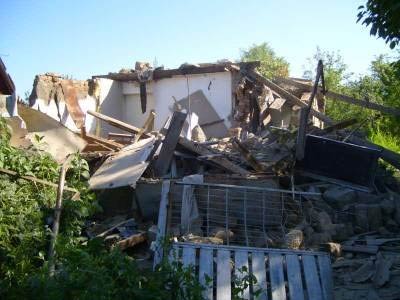Amidst Cries of Foul, Kazakhs Present Chairmanship Bid
By ISKCON Communications Staff | Ноя 30, 2007

Madrid – Foreign Ministers of the 56 member states belonging to the Organization for Security and Cooperation in Europe (OSCE) will discuss the issue of Kazakhstan’s bid to chair the OSCE in 2009, at the group’s meeting of the Council of Ministers, held here on November 29-30. The current meeting follows the OSCE’s earlier decision to postpone approving Kazakhstan’s bid until the Central Asian country could demonstrate efforts to improve its poor human rights record.
Эта ongoing persecution of a Hare Krishna community in Almaty – which the OSCE Advisory Council said “raises serious issues regarding the enjoyment of the freedom of religion and belief by members of the Hare Krishna community in Kazakhstan” – is said to be one reason the bid was turned down.
Since then, however, the plight of the Krishna devotees and other persecuted religious minorities seems only to have gotten worse. A series of court rulings, contested by the devotees and by human rights activists as seriously compromised, have officially handed ownership of the116-acre Krishna community over to the government. Meanwhile, officials continue to deny that the matter is in any way connected to the group’s religious faith or that the government acted improperly in confiscating the coveted property.
Human rights experts disagree. In a Congressional Hearing held in Washington, DC last month, Kazakh human rights expert Yevgeniy Zhovtiz and U.S. Representative Christopher Smith both called Kazakh Ambassador Erlan A. Idrissov to task on reports that his country was sponsoring religiously motivated land grabs.
“I will not be able to support a Kazakh bid any year until the country makes the substantive reforms. And that’s what we’re calling for,” Mr. Smith testified at the hearing. Smith also called the confiscation of the Krishna farm a “compelling issue” and likened it to a “holdover from the Nazi era [and] the Communist era.”
In a curious twist, only one month ago,Kazakhstan Prime Minister Karim Masimov ordered the forced resignation of several local officials (hakims)—including the one overseeing the area with the confiscated Krishna property. KazakhstanToday reported that Hakim Bularbek Kutpanov of the Karasai district of Almaty was among several local officials given the pink slip as part of a purported corruption crackdown. According to the report, the Prime Minister left the question of punishment or censure of the ousted hakims “up to the head of the state.”
“The fact that the governor was removed only underscores what we have been trying to communicate to the Kazakhstan government all along: that corruption and persecution on the ground level is making a mockery of Kazakshtan’s stated ideals,” opined Hare Krishna spokesperson Vyenkata Bhatta Dasa, who helped to author ISKCON’s report on the persecution. “At the same time, we can’t help but wonder whether this is a genuine attempt to weed out the corrupt and abuse players, or just an attempt to repair Kazkahstan’s tarnished image in time for the OSCE meeting.”















